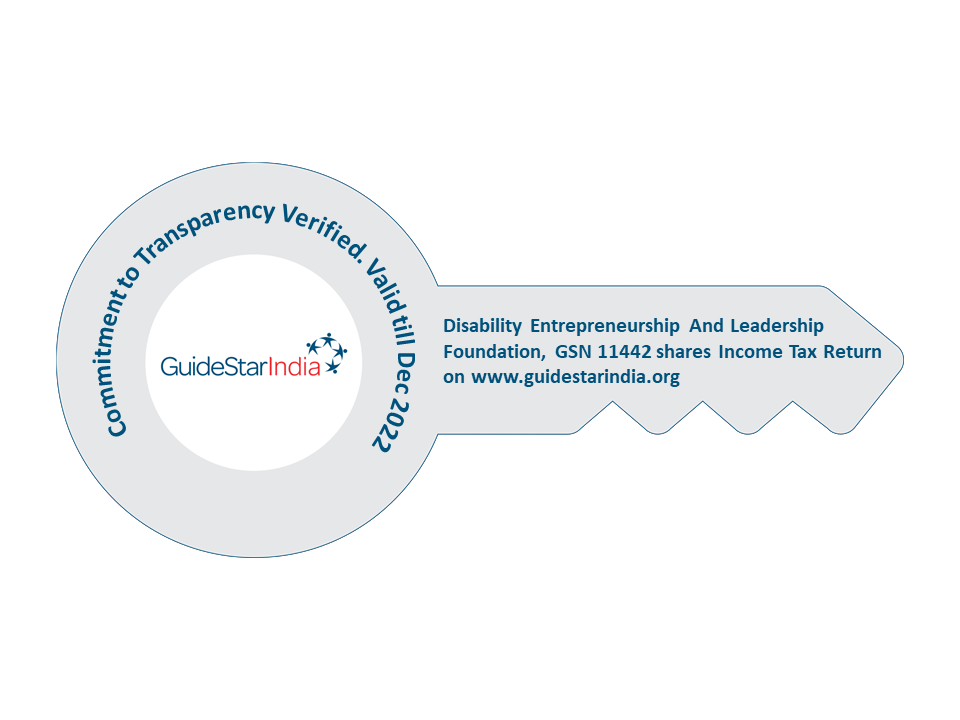A win – win!
Are you wondering what promotion of livelihoods has got to do with promoting health and wellbeing? While there may be many answers to this question, I will restrict myself to two views.
First, research evidence has shown that work is a major contributor to one’s mental health and wellbeing. Second, it is simply smart to be able to achieve multiple objectives by doing the one thing that matters.
Please bear with me just in case you are tempted to give-up.
In the ‘Promoting livelihoods, health and wellbeing series’ I would like you to accompany me on the journey from scarcity to abundance. We are only too familiar with scarcity that stems from unemployment, poverty poor health and the burden of disease. Contrast this with abundance that stems from decent work, improved living standards, health and wellbeing.
At Disability Entrepreneurship And Leadership (DEAL) Foundation we have embarked on this journey. Our goal over the next five years is to create sustainable livelihoods for five thousand people with disabilities through a range of income generation activities.
For the purposes of this series, I would like to focus on horticulture with a specific focus on production of organically grown fruits and vegetables. I propose to share with you the importance of consuming different class of fruits and vegetables and its impact on promoting health and wellbeing. The series will also explore how sustainable livelihoods are transforming lives. So let us get started.
Perhaps we can begin by asking why people irrespective of age are suffering from chronic illnesses. Could this be due to the lack of nutritious food consumed by us? Everyone enjoys a bit of indulgence from time to time. Nothing wrong with that I suppose.
Maintaining a balanced diet helps build up the body’s immune system. This is especially essential over the period of this Pandemic. Let’s see what a balanced diet looks like.
A combination of carbohydrates, proteins, fats, minerals, vitamins, and water is said to make up a balanced diet. Research indicates that practices that help promote a balanced diet include:
- Taking stock of the variety of and frequency at which food is consumed
- Being mindful of ones feelings and experience before and after food is consumed.
- Observe how the body and mind respond to different foods. Example: is there a craving for certain types of foods?
- Take action to build healthy diet options.
- Take one day at a time and don’t give up.
Do watch the space to know how a game of cards helps build awareness about health and nutrition and helps promote community engagement.


 Awarded by Guidestar India
Awarded by Guidestar India